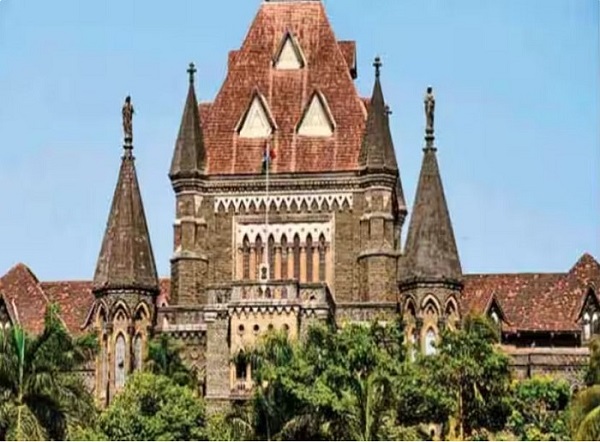Bombay High Court Refuses To Grant Parole To TADA Convict
The Nagpur bench of the Bombay High Court has refused to grant parole to a prisoner convicted under the Terrorist and Disruptive Activities (Prevention) Act and said as per rules in Maharashtra, convicts of terrorist crimes are not eligible for parole. Read further on Dynamite News:

Nagpur: The Nagpur bench of the Bombay High Court has refused to grant parole to a prisoner convicted under the Terrorist and Disruptive Activities (Prevention) Act and said as per rules in Maharashtra, convicts of terrorist crimes are not eligible for parole. Hasan Mehndi Sheikh was convicted for various offences including under stringent provisions of the Terrorist and Disruptive Activities (Prevention) Act (TADA).
Sheikh, who is serving life imprisonment in the Amravati Central Jail, had sought regular parole to see his ailing wife. However, the jail authorities rejected his application on the ground that he was not eligible for grant of parole under provisions of the Prisons (Bombay Furlough and Parole) Rules.
Also Read |
Bombay HC asks CBI to conduct probe into corruption allegations against Anil Deshmukh
Sheikh then approached the High Court. A division bench of Justices SB Shukre and MW Chandwani on December 2, 2022 dismissed a petition filed by Sheikh, noting that there was a specific provision in the Rules which disqualifies a convict under TADA from getting benefit of regular parole.
In it's order the HC said that there is a bar placed upon prisoners who are convicted for terrorist crimes and the petitioner is convicted under TADA and therefore he would not be eligible for grant of regular parole.
Also Read |
Toolkit case: Bombay HC grants 3-weeks transit bail to Nikita Jacob
Sheikh, in his plea, had cited a 2017 judgment of the Supreme Court stating that even if a convict is found to be guilty under the TADA provisions, this would not disqualify him from seeking regular parole.
The Bombay High Court, however, turned down his plea and said that the prisoner in the Supreme Court case was from Rajasthan and therefore not governed by the Rules for prisoners in Maharashtra. (UNI)
 Dynamite News
Dynamite News 